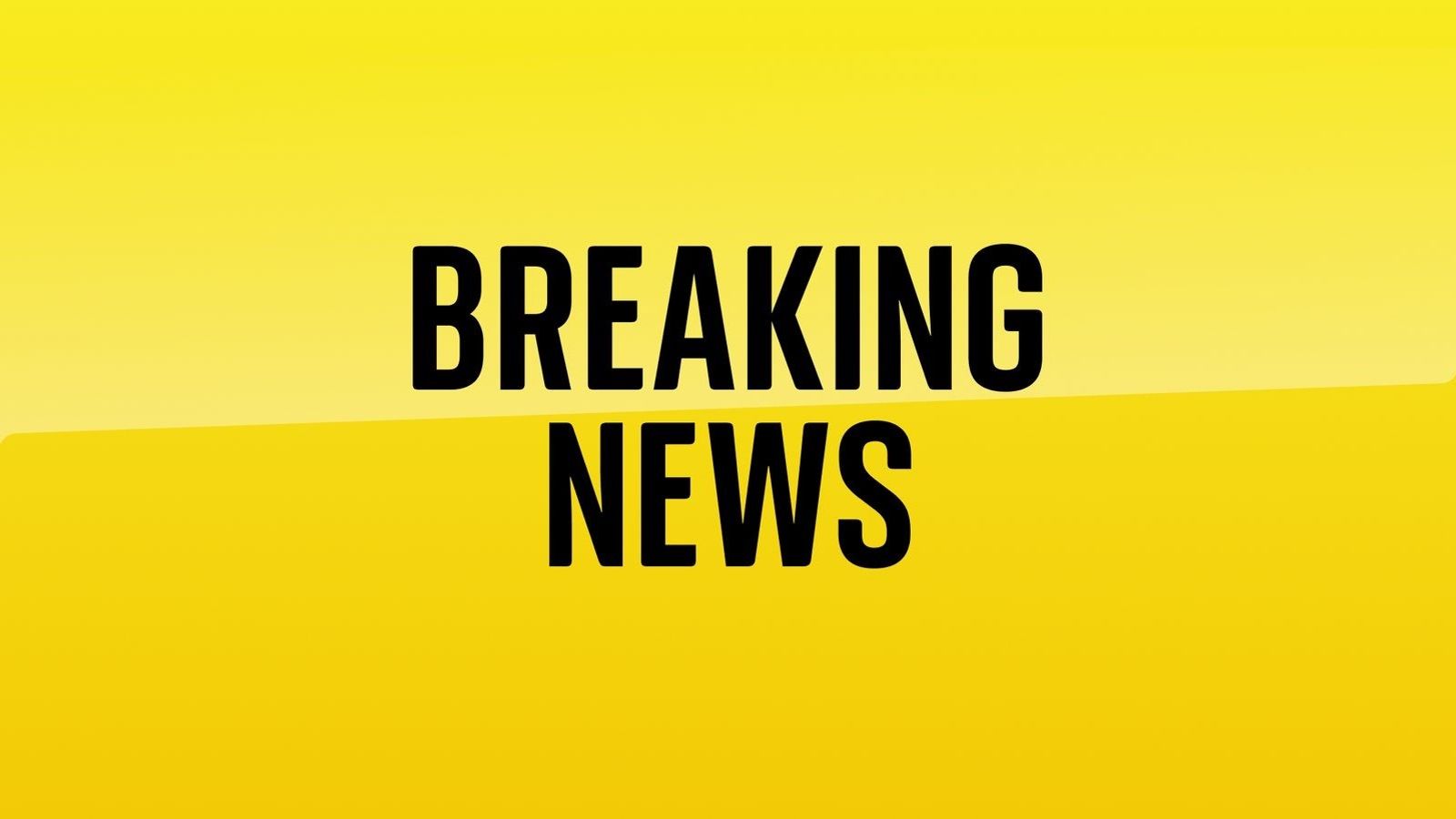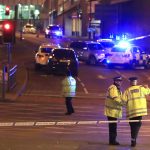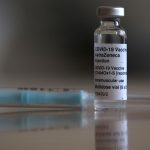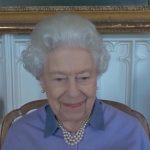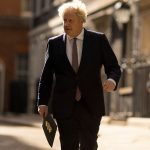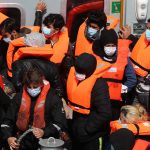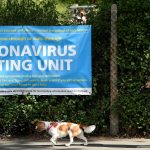The UK has announced further sanctions on Moscow, while Britons have been advised against all travel to Russia.
Foreign Secretary Liz Truss said three more Russian banks will be sanctioned over the invasion of Ukraine, including Russia’s largest – Sberbank.
She also announced the UK will ban exports to Russia from the UK across a range of “critical sectors”.
Acknowledging the war “could end up lasting months and years”, Ms Truss said the UK was “prepared to suffer economic sacrifices” in order to support Ukraine and would maintain sanctions “for however long it takes”
The foreign secretary told the Commons she was “determined to go much, much further.”
Shortly before her announcement, the Foreign Office advised Britons against all travel to Russia, citing “lack of available flight options to return to the UK, and the increased volatility in the Russian economy”.
Before today, Britons were advised against all but essential travel to Russia after Vladimir Putin halted all flights to the UK last week in response to sanctions.
Ukraine invasion: Liz Truss comments sparked Putin decision to put nuclear deterrence forces on high alert, Kremlin says
Ukraine crisis: ‘Hit list’ of Russian oligarchs drawn up as Vladimir Putin’s allies warned over mansions and private jets
Ukraine crisis: Putin has gone ‘full tonto’ and UK military can ‘kick Russia’s backside’, defence sec says
Live updates as conflict enters fifth day
Please use Chrome browser for a more accessible video player
And Transport Secretary Grant Shapps said he has written to all UK ports to ask them not to provide access to any Russian flagged, registered, owned, controlled, chartered or operated vessels.
Ms Truss said there will be a “full asset freeze on all Russian banks within days” and legislation will be brought forward to prevent the Russian state from raising debt in the UK.
“With over 50% of Russian trade denominated in dollars or sterling, our co-ordinated action with the United States will damage Russia’s ability to trade with the world,” she said.
Ms Truss said the ban on UK exports to Russia will include high-end technological equipment such as marine and navigation equipment which “will blunt Russia’s military-industrial capabilities and act as a drag on Russia’s economy for years to come”.
She told MPs: “The days ahead are likely to prove tougher still. The UK and our allies will have to undergo some economic hardship as a result of our sanctions.
“But our hardships are nothing compared to those endured by the people of Ukraine.
“Casualty numbers are rising and over 300,000 people have already been displaced. This is a struggle for Ukraine’s freedom and self-determination, but it is also a struggle for freedom and democracy everywhere. And for a survival of a Europe whole and free.”
Labour’s shadow foreign secretary David Lammy welcomed the sanctions but said they were “long overdue” and it was “regrettable that it’s taken this long and a crisis of this nature for action”.
He called for the government to “go further” and said it was “vital that these sanctions are broad enough to inflict damage on every aspect of Russia’s economy”.
Earlier on Monday, the Kremlin claimed Vladimir Putin decided to put Russia’s nuclear deterrence forces on high alert on Sunday due to statements made by Ms Truss.
According to the Interfax news agency, Kremlin spokesman Dmitry Peskov told a news briefing: “Statements were made by various representatives at various levels on possible altercations or even collisions and clashes between NATO and Russia.
“We believe that such statements are absolutely unacceptable.
“I would not call the authors of these statements by name, although it was the British foreign minister.”
It is not clear which specific comments the Kremlin is referring to.
Read more: Russia’s invasion of Ukraine mapped – what happened on day four
Downing Street said the Kremlin’s attempt to blame Ms Truss for heightening its nuclear alert was an attempt to “distract” from the situation on the ground in Ukraine.
Boris Johnson’s spokesman said the Kremlin’s latest comments were “very unhelpful”, adding: “They should stop talking in those terms and de-escalate the situation.”
